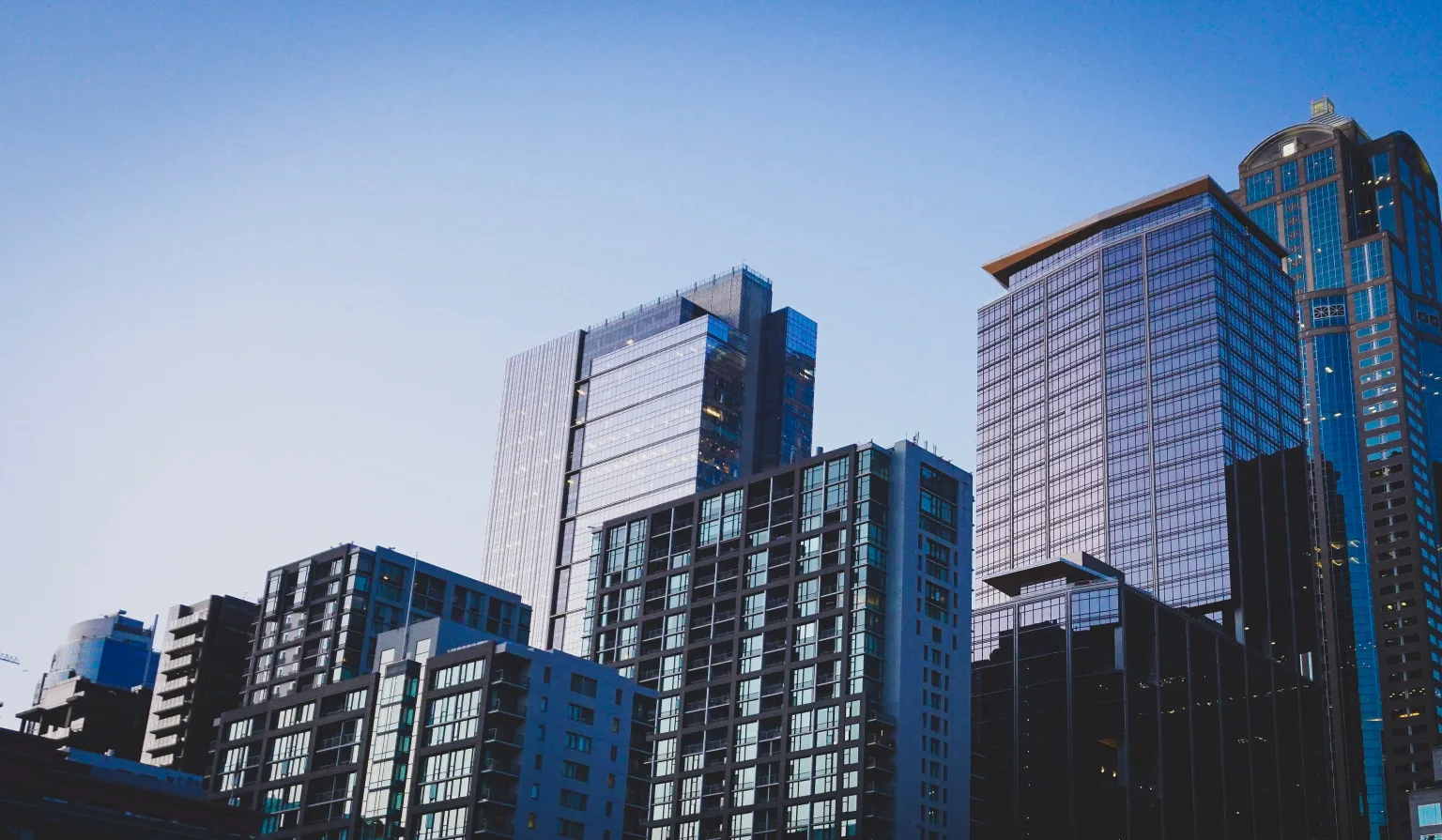Investing in real estate can be as thrilling as it is rewarding. However, real estate comes with its unique risks. Structural defects, fire hazards, and even crime can pose serious threats in different types of real estate, from residential to commercial and industrial properties.
As a real estate investor or manager, your first step should be a risk assessment to mitigate these risks before they become catastrophes. Further, you must develop a proactive approach to ensure the presence of robust safety guidelines to protect both people and properties.
Table of Contents
Protecting People in Real Estate Ventures
In real estate, the safety and well-being of your employees, clients, and customers are as critical as protecting the physical properties. Let’s explore the key areas of people safety in real estate ventures, from training employees on safe work procedures to securing clients’ sensitive data.
Employee Safety
Protecting the people who power your real estate investment or project is not only a moral responsibility but also a crucial factor in your business’s success. Employees who feel safe at work tend to be more productive and committed, making safety training an invaluable investment.
If you’re undertaking construction or renovations, safety must be front and center. From simple remodeling tasks to extensive structural changes, every construction project presents potential hazards.
For one, fall hazards are particularly prevalent and can lead to serious injuries. It’s in such cases that resources like edgefallprotection.com become invaluable. They provide a variety of safety products such as active fall arrest systems, which can significantly enhance the safety of construction or renovation works.
Further, construction sites should always follow best practices like maintaining a clean workspace, using appropriate personal protective equipment (PPE), and training workers on safety protocols. Additionally, all construction or renovation work should be compliant with Canadian Centre for Occupational Health and Safety (CCOHS) regulations or your local equivalent.
Regular safety meetings can help reinforce these measures, update the team on any new safety practices, and allow employees to voice their concerns or suggestions related to safety.
Safety Measures for Clients and Customers
In the world of real estate, the safety of clients and customers is equally important. As we’ve already mentioned, real estate agents should be trained to handle showings safely. This might include checking the property beforehand for any safety issues, informing a colleague or supervisor about their whereabouts, and knowing what to do in case of emergencies.
But safety isn’t just about physical well-being. In this digital age, data security is a major concern for clients. As a real estate venture, you’ll likely handle a lot of sensitive client data, including personal and financial information.
Ensuring you have a secure data management system in place is crucial. This involves using secure and encrypted platforms for data storage, training staff on safe data handling practices, and maintaining up-to-date cybersecurity measures to protect against data breaches.
Safety Measures for Protecting Properties
Safeguarding your properties involves a series of proactive steps that help prevent damage, ensure the structures’ longevity, and provide a safe environment for everyone using them.
Regular Maintenance and Inspections
One of the cornerstones of property protection is regular maintenance and inspections. A comprehensive maintenance plan ensures the property remains in excellent condition, helps spot potential issues before they escalate, and extends the lifespan of various property components.
Inspections should include key areas such as structural integrity, roofing, electrical systems, plumbing, HVAC systems, and fire safety equipment.
Advanced Security Systems
In today’s tech-driven world, security systems have gone beyond simple locks and keys. Innovative features can help increase the value of real estate properties. Consider installing advanced security measures like surveillance cameras, alarm systems, and access control systems.
Surveillance cameras can deter potential criminals, while alarm systems alert local authorities in case of a break-in. Access control systems, on the other hand, allow you to manage who enters your property and when, enhancing overall security.
Disaster Preparedness
Being prepared for natural disasters is another vital aspect of property protection. Depending on your property’s location, you may need to prepare for a range of disasters like earthquakes, floods, hurricanes, or fires. Ensure your property meets the building codes for disaster-resistant construction. Have an emergency plan in place, and make sure your tenants or employees know about it.
Implementing Smart Technology
Smart technology can significantly enhance property safety. Smart detectors can notify you about smoke, water leaks, or gas leaks, even when you’re not on the property, allowing you to take swift action. Similarly, smart locks can provide added security by allowing you to control and monitor access remotely.
Insurance Cover
Finally, while not a safety measure per se, insurance plays a crucial role in property protection. Comprehensive insurance coverage can help you recover financially from unforeseen events like natural disasters, fire, theft, or vandalism. Ensure your policy covers the property’s full replacement cost and consider additional coverage for any unique risks in your area or industry.
Final Words
Navigating the real estate sector safely requires a well-rounded approach that addresses both people’s well-being and property protection. By integrating diligent safety practices, from regular inspections and robust employee training to sophisticated security systems and secure data management, you can build a real estate venture that is both rewarding and resilient.
Remember, in the world of real estate, safety is not just an afterthought—it’s the foundation of long-term success.


